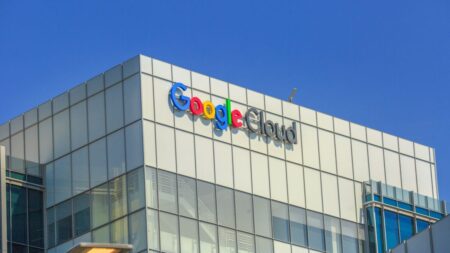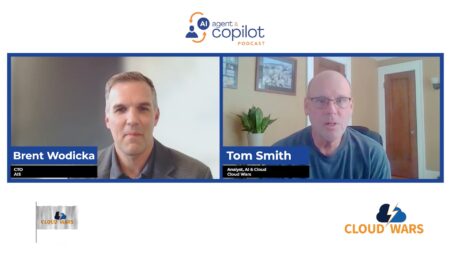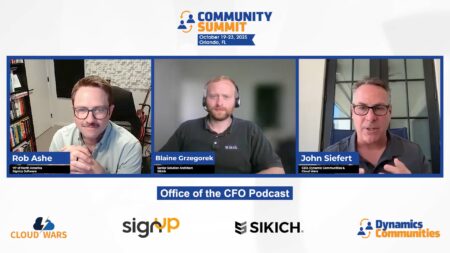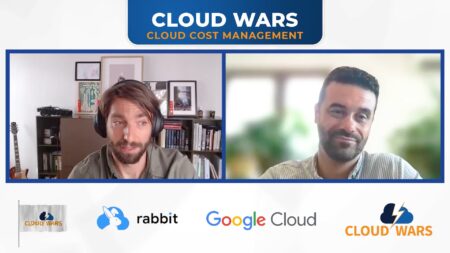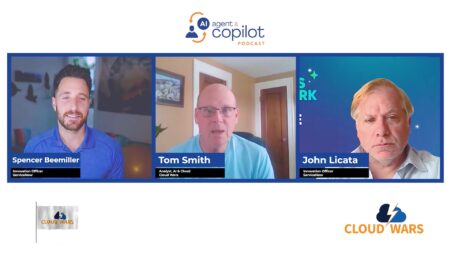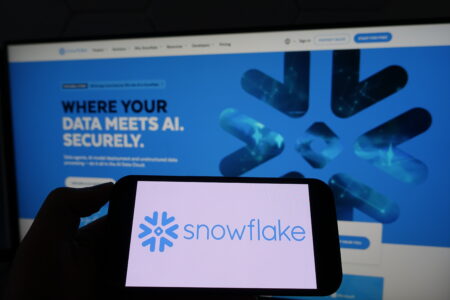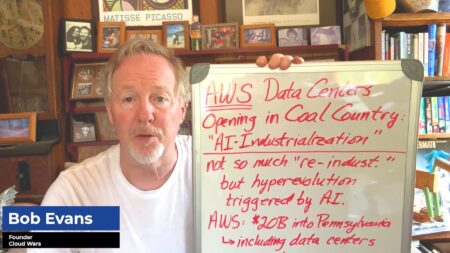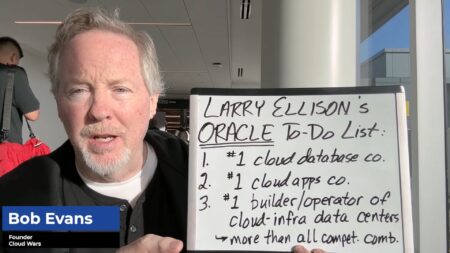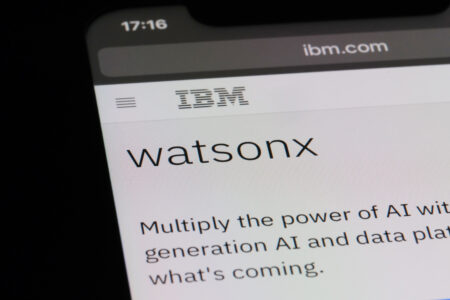Leading cloud and AI providers are partnering with enterprise customers to develop a comprehensive framework designed to secure AI systems and agents, advancing the industry’s ongoing push for stronger safeguards.
Search Results: customer (5320)
Google Cloud introduced AI-driven tools like the SOW Analyzer and Bot-Assisted Live Chat to help partners streamline processes, improve support, and enhance customer service delivery.
Cycle time, accuracy, cost per successful task completion, and end-user satisfaction are vital metrics that will give visibility into the success of AI projects.
Ajay Patel of IBM outlines how enterprises are shifting from AI experimentation to real-world application, especially in sales, R&D, and operations.
Slack’s new API terms restrict bulk data exports and LLM training. Learn how the real-time search API impacts developers, AI use, and app distribution.
Oracle and SAP have rebranded themselves as cloud-first AI powerhouses, rivaling Google Cloud’s dominance.
Rob Ashe, Blaine Grzegorek, and John Siefert explore how ISVs provide industry-specific ERP solutions, reduce internal development costs, and enhance scalability.
The latest Cloud Wars update reveals strong growth across major cloud providers, with shifting dynamics that signal an increasingly competitive and evolving market.
With Agentic AI powering 30–50% of Salesforce operations, Marc Benioff’s lack of specificity on human job evolution triggers skepticism.
Cloud pricing isn’t usage-based; it’s booking-based, leading to significant overspending.
AI agents present opportunities to break down data silos, forecast health events, and develop personalized treatment plans. Such use cases benefit patients, providers, and the entire healthcare ecosystem.
Workday earns ISO 42001 and NIST AI RMF accreditations, reinforcing its commitment to responsible, transparent, and trustworthy AI governance.
With CEOs leading the charge, AI is redefining how businesses function across all sectors, and Oracle’s market surge is just the beginning of a seismic economic shift.
Diskover simplifies data management at scale with its indexing and orchestration tools. A new Snowflake partnership enables customers to buy through Snowflake Marketplace, adding visibility and value.
Microsoft and Gong are integrating AI-driven sales intelligence into Microsoft 365 and Dynamics, enabling sellers to automate workflows, access deep conversation insights, and drive faster, data-informed decisions using Copilot and custom agents.
Snowflake is buying Crunchy Data for a reported $250M to integrate enterprise-grade PostgreSQL into its AI Data Cloud and accelerate agentic AI innovation.
AWS is investing $20B in Pennsylvania to build AI data centers, transforming old coal regions into hubs of digital innovation, signaling the rise of America’s AI industrialization.
Why Oracle Chairman Larry Ellison is betting big on leading cloud databases, applications, and infrastructure — and why history suggests you shouldn’t bet against him.
During the Oracle Q4 earnings call, Larry Ellison outlined how Oracle will be the leading company for cloud apps, infrastructure, and more.
IBM unveils watsonx.data integration and intelligence software to streamline and operationalize unstructured enterprise data for AI-driven innovation.



